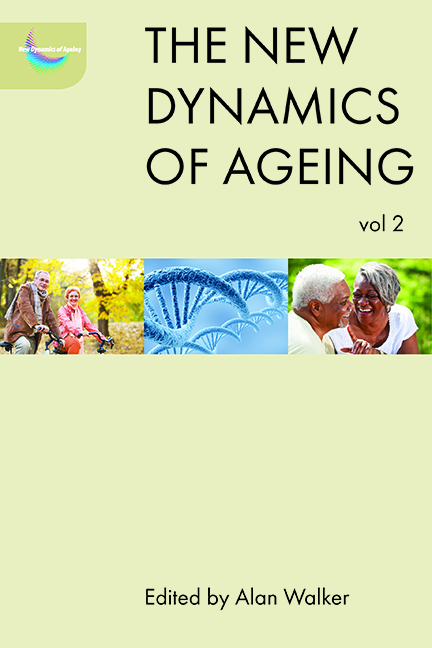eleven - Migration and nutrition
Published online by Cambridge University Press: 13 April 2022
Summary
Introduction
The Bangladeshi population is one of the fastest growing ethnic groups within the UK. In 2011 the Bangladeshi population resident in England and Wales was 447,201, or 0.8 per cent of the total UK population; this is an increase of just over 50 per cent from the previous census in 2001 (ONS, 2012). Additionally, this group is reported to be one of the most deprived populations in the UK, having high rates of unemployment, social deprivation and low rates of education (Brice, 2008; Alexander et al, 2010). This group also has poorer self-reported and measured health status indicated by higher rates of disability, centralised obesity and chronic diseases such as type 2 diabetes and cardiovascular disease (Sproston and Mindell, 2006). Older Bangladeshi women are particularly affected as they play a lead role in caretaking for multiple generations within relatively large extended families, and many struggle to cope with the complex challenges of ageing, poverty, racism and social exclusion.
The migration of Bangladeshis to the UK has a long history, with the majority of those migrating originating from the Sylhet region in northeast Bangladesh (Gardner, 2002). Research has been dedicated to understanding how to improve the health of Bangladeshi residents in the UK; however, the majority of this research has concentrated on the Tower Hamlets region of London, limiting the amount of knowledge about those communities living outside of the London area (Brice, 2008). Findings from these studies may not be generalisable to other UK communities, so more research is needed to expand our understanding of this minority ethnic group and how to improve their health and wellbeing and reduce existing health inequalities.
MINA was a three-year project that examined ageing, migration and nutrition across two generations of Bangladeshi women living in Cardiff, UK and Sylhet, Bangladesh. The 2011 Census indicates that the Bangladeshi population living in Cardiff is 4,838, or approximately 45 per cent of the Bangladeshis living in Wales (ONS, 2012). This research builds on the existing literature focusing on migration and ageing among UK Bangladeshis (Gardner, 2002; Phillipson et al, 2003), providing new insights into specifically food, nutrition and their interactions with ageing and migration among UK Bangladeshi families who are living in communities outside of Tower Hamlets, London.
- Type
- Chapter
- Information
- The New Dynamics of Ageing Volume 2 , pp. 197 - 216Publisher: Bristol University PressPrint publication year: 2018

